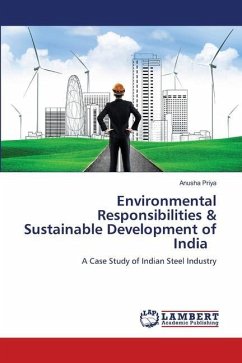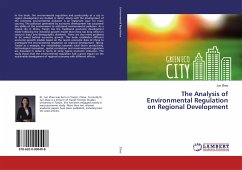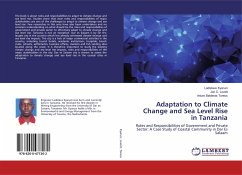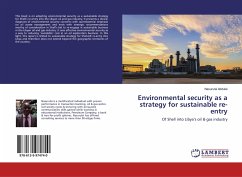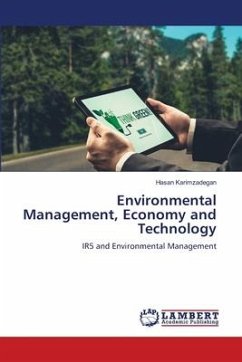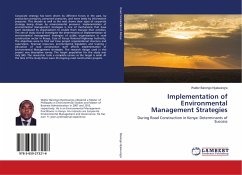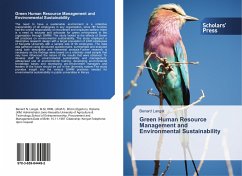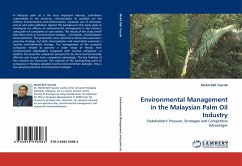Humanity's ecological footprints have increased to a point where the earth is unable to keep up in its struggle to regenerate. Since industries are the lifelines of the Indian economy, especially iron and steel sector which is an energy-intensive sector where it can impact the environment in a significant way, so the responsibility towards environment, economy & society at large is huge. This book seeks to address the challenging issues of sustainability in India with special reference to steel sector. It focusses on the environmental impact of the Indian steel sector, the types and patterns of consumption of coal and other natural resources & its impact on the environment, the kinds of pollutants released into the atmosphere, the air quality degradation, the untreated waste water released from plants into the mainstream river etc. in the steel industry and most importantly the measures adopted by the steel industry in the mitigation of environmental hazard created by it, the technologies harnessed by the industry, the major constraints faced in implementation of sustainable practices and the benefits accrued to the steel industry while getting environmentally conscious.

